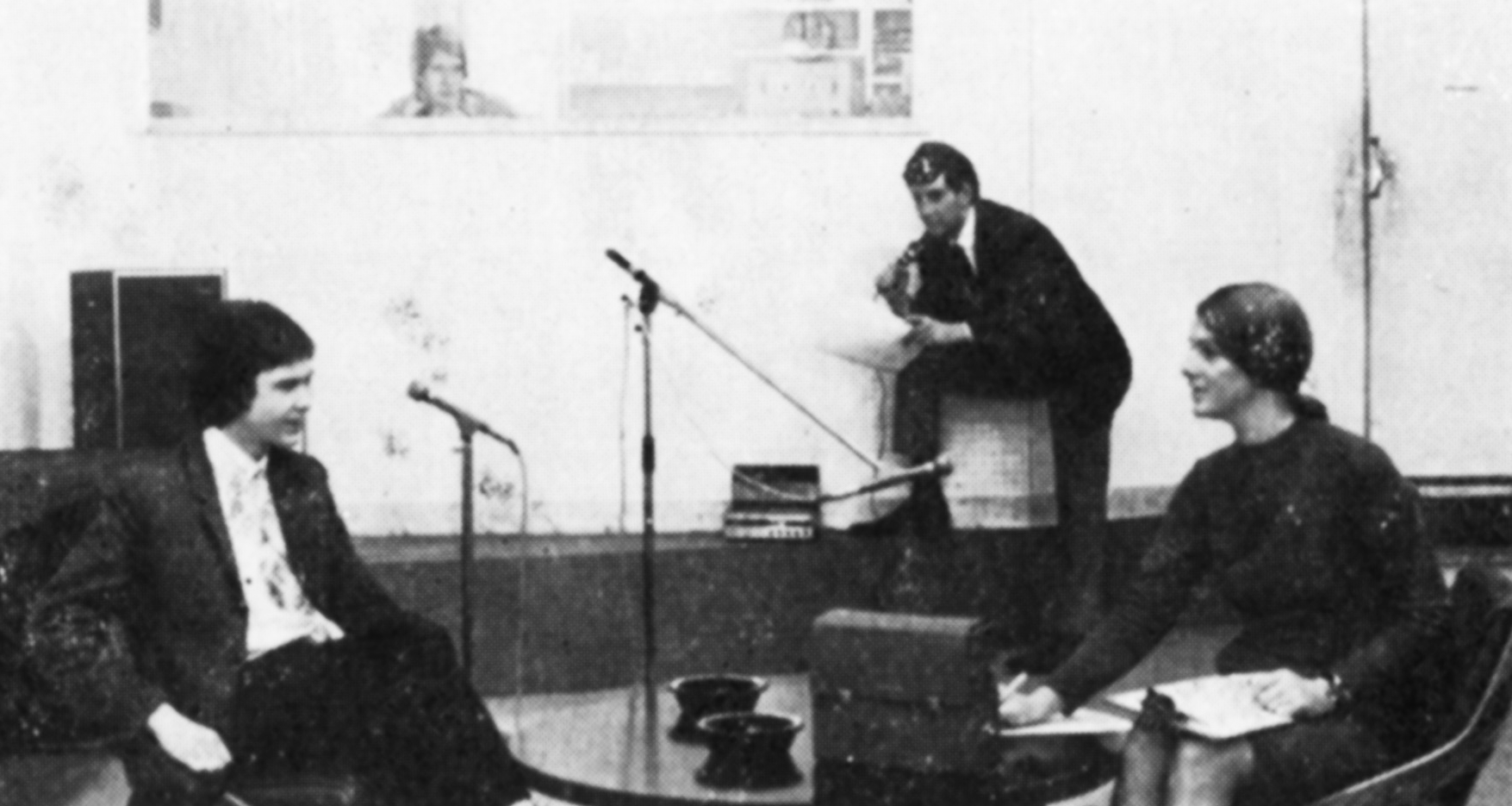
The Case for Commercial Radio by T. V. SHIELDS
What’s the future for your radio station … for Radio Scotland? Despite the fact that this month sees the second stage of the Bill aimed at putting us out of business, I believe the storm of protest which has swept the country is causing the Government to have second thoughts on pirate radio.
Never in my life-time — and that’s been quite a while — has there been such a public demonstration of protest as there has been against the decision to ban the pirates. School-children, teenagers, young men and women, and the majority of the ‘older generation’ as well, have put their names to our ‘Save Radio Scotland’ petition.
The 2,500,000 people who have signed the petition forms are not concerned with the “unlawful use of wave-lengths.” What concerns them is the decision to deprive them of a service they have become accustomed to, and want to keep.
In my office are many, many thousands of letters from people pledging their support in my fight to legalise Radio Scotland.
I have always tried to mould Radio Scotland into a responsible unit, because irresponsibility on the air will not attract advertising revenue, and commercial radio must present a dependable image to both advertisers and listeners.
The people who run all the “pirate” radio stations expect pressure of public opinion is going , to force the Government to produce some kind of plan for an alternative service to the BBC.
At Radio Scotland, we have plans for complete radio coverage of local news and views, sport, current affairs, localised information bulletins such as traffic warnings, weather forecasts and shopping prices … and, of course, local entertainment.
It is still not too late for the Government to lose face. Let them reprieve the “pirates” and put forward proposals for local commercial radio.
